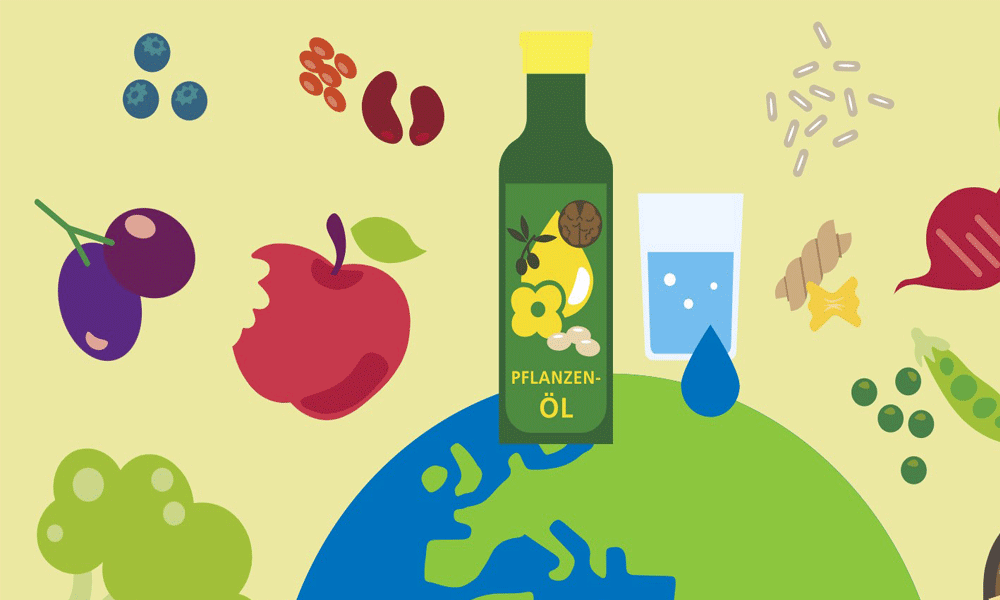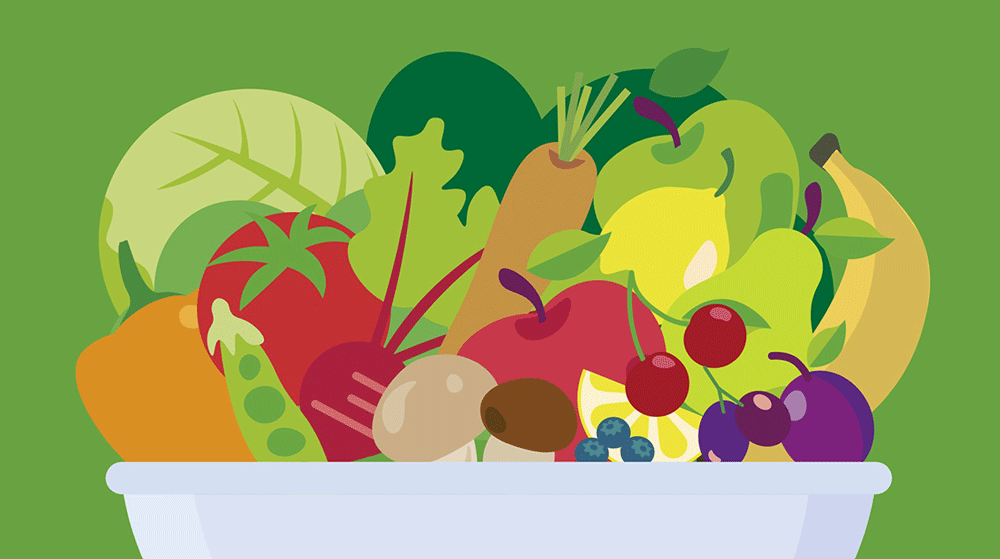
Article


Read the full article at Plant Based News June 17, 2024
Germany’s new dietary guidelines officially endorse the health & environmental benefits of veganism, paving the way for other countries to follow!
The Deutsche Gesellschaft für Ernährung (DGE), the scientific body responsible for developing Germany’s dietary guidelines, has officially reevaluated its position on plant-based diets, and now strongly endorses the benefits of veg-forward eating.
“This new position ushers in a new era of nutrition policy in Germany,” says Anna-Lena Klapp, International Nutrition and Health Lead of ProVeg International. “It takes vegan diets out of the shadows of the policy debate and places them front-and-centre instead.”
“We are delighted that this position has been published, and we expect it to influence similar bodies around the world.”
In its reassessment of vegan nutrition, the DGE looked at all four target dimensions of a sustainable diet – which include social, human health, environmental, and animal welfare considerations – and arrived at several new conclusions.

Based on the DGE’s key takeaways, Germany’s dietary guidelines now champion a well-planned vegan diet as nutritionally complete, “health-promoting” for the general population, and hugely beneficial in terms of reducing the environmental impact of food production.
The updated recommendations state that:
“Compared to the mixed diet currently common in Germany, which includes a high proportion of animal foods, a vegan diet is considered to be more environmentally friendly … especially due to its great potential to reduce greenhouse gas emissions.”
A recent Oxford University study confirms that switching to plant-based eating can help reduce diet-related emissions, as well as water pollution and land use, by a whopping 75%.
It is an important and proper step that the DGE has decided to integrate both health and ecological aspects into its recommendations and to emphasise plant-based foods over animal-based foods.
Anna-Lena Klapp, ProVeg International
The DGE has also shifted its stance on the suitability of veganism for vulnerable population groups like seniors, pregnant people, and infants – perhaps in response to the growing body of evidence that plant-based food can support good health at all stages of life.
These changes come just 3 months after the DGE had updated its guidelines to recommend limiting dairy intake, reducing meat consumption, and eating at least 75% plant-based foods.

Germany is currently the largest market for vegan food in Europe, with 1 in 10 people eating vegetarian, and more than half of the population identifying as “flexitarian” – meaning they already eat mostly plant-based meals.
And it’s not just Germany that has “fallen out of love with meat”. Canada, Taiwan, and the Nordic nations have also shifted their nutritional guidelines to focus more on plant foods in recent years, with health and environmental experts currently calling on France to do the same.
Surely it’s only a matter of time before the Australian government sees the writing on the wall too… ![]()
Keen to join the (rapidly growing!) global plant-based movement? Get off to a delicious start by ordering your free starter kit today.

Lisa’s love of food is only trounced by her love of animals. So when she announced she’d gone veg, her Hungarian grandmother exclaimed with exasperation, ‘oh Lisa, I knew this day would come’ … before promptly frying up a plate of cauliflower schnitzels. It turns out – from Goulash to Paprikás to the family’s favourite Hungarian sweet treats – plants really can be the centrepiece of any meal!